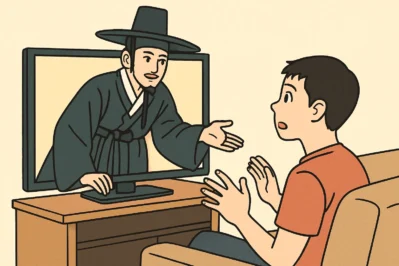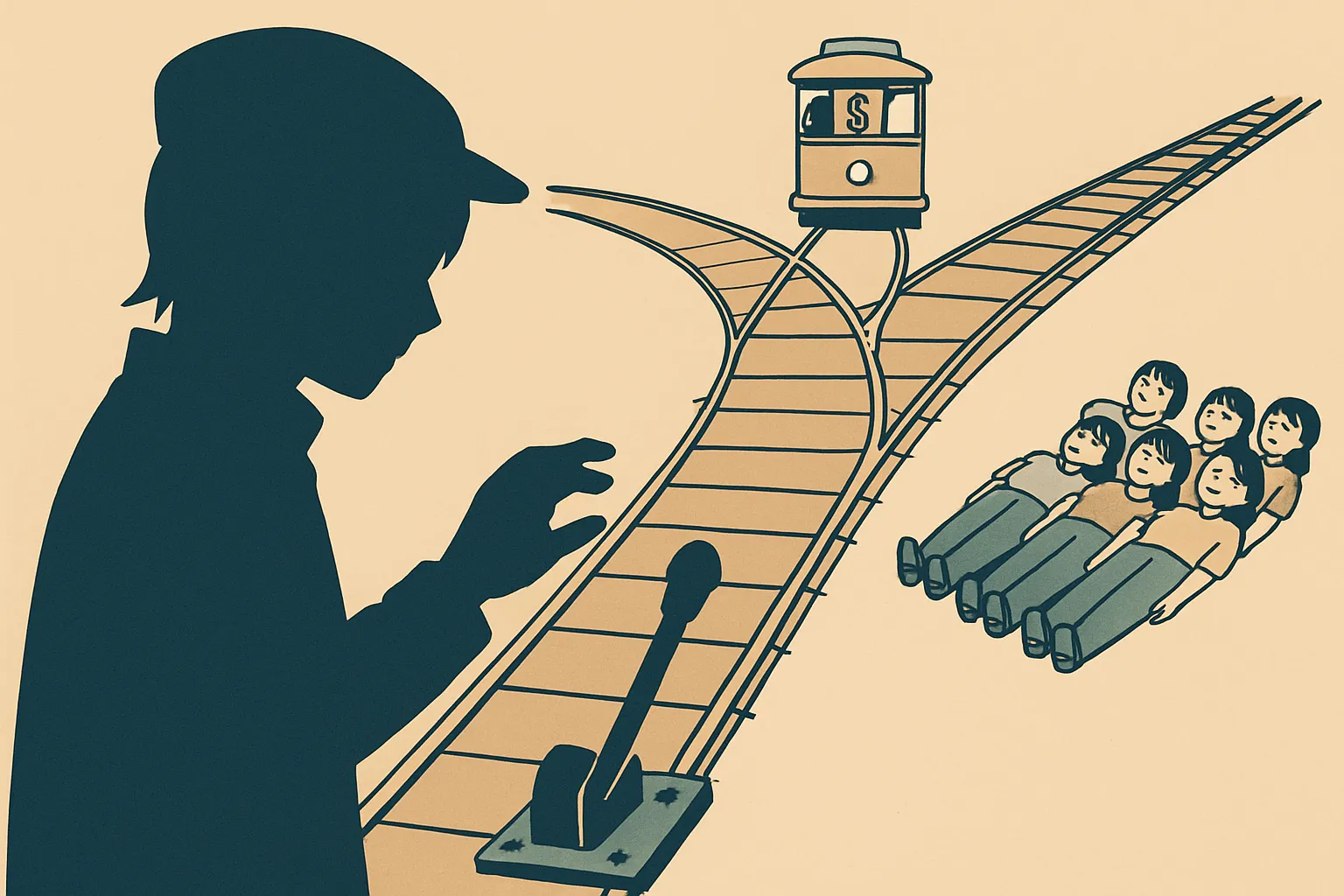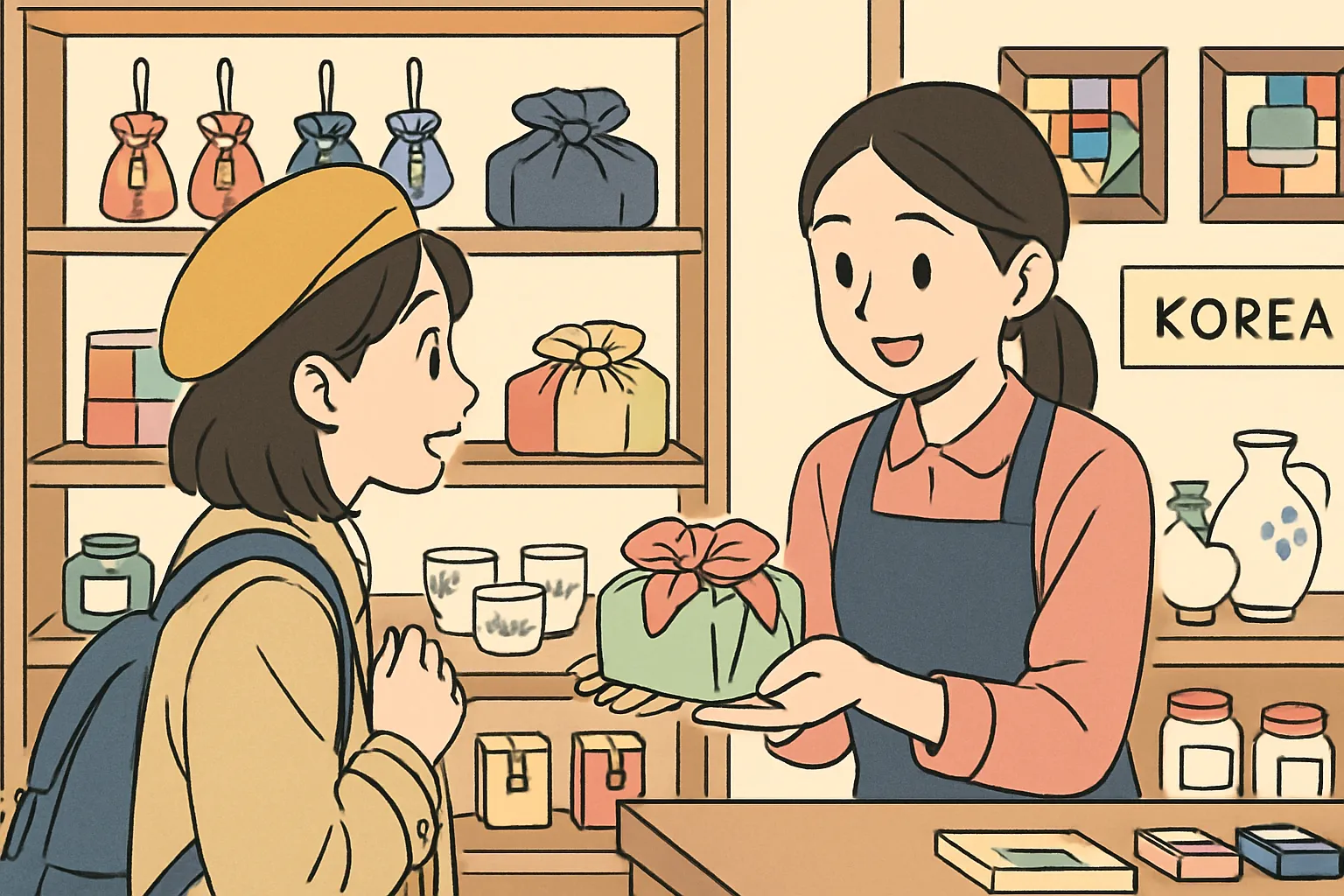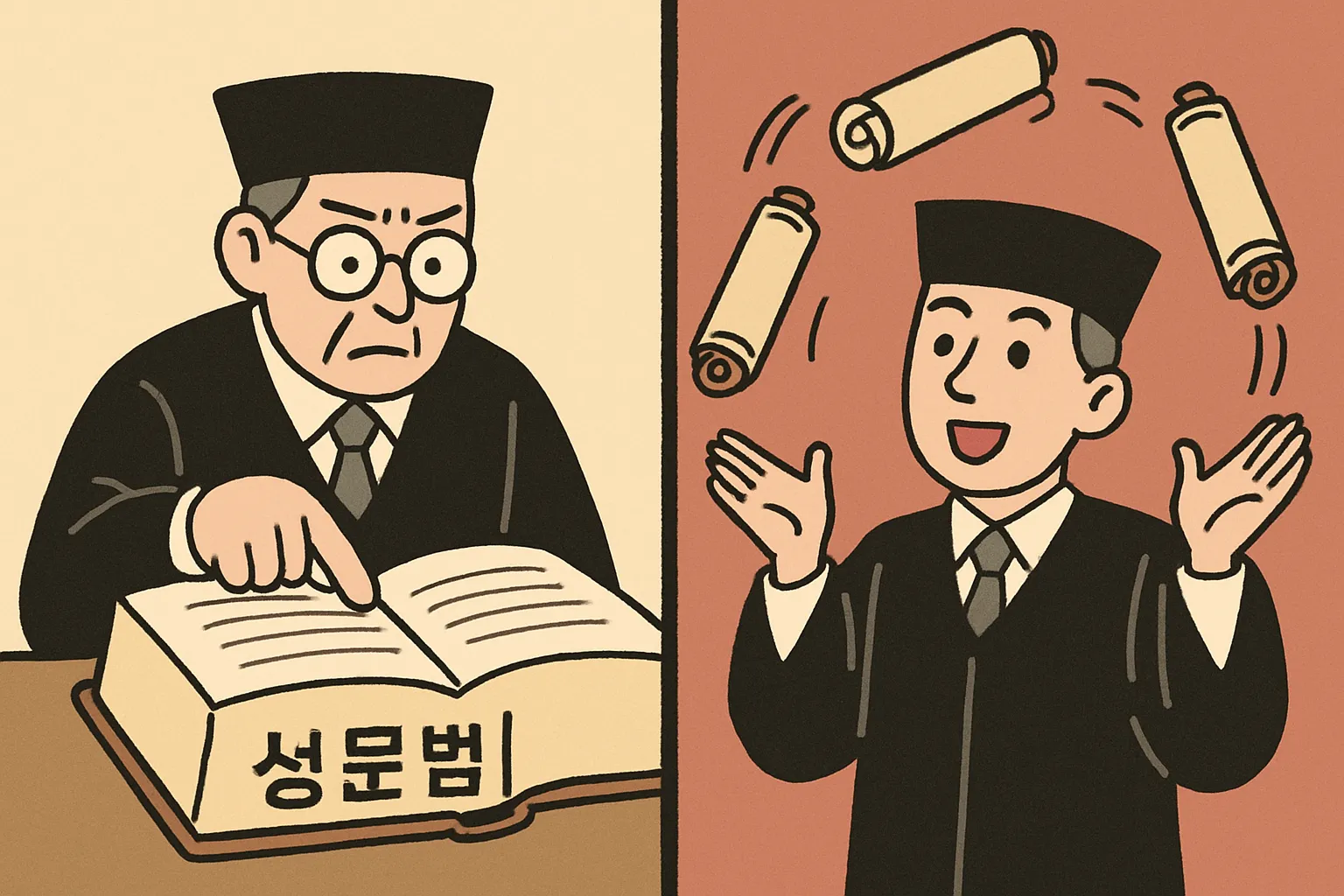Unlock K-Dramas: Talk About Historical Context Like a Native!
Hello! This is [Daily Korean], here to upgrade your Korean skills! 📚✨
Have you ever watched an amazing Korean historical drama or read a powerful novel and wished you could discuss it more deeply with your Korean friends? Today, we’re going to learn how to do just that! We’ll focus on expressions to talk about the historical and social background of a story.
Lately in Korea, historical dramas set in the early 20th century are incredibly popular. People are fascinated by the stories, the fashion, and the history. With the phrases you learn today, you’ll be able to jump right into those exciting conversations and share your own insightful thoughts!
Core Expressions You Need to Know
Here are some essential phrases to help you sound like a literary pro.
1. 시대적 배경 (sidaejeok baegyeong)
- Pronunciation [Romanization]: si-dae-jeok bae-gyeong
- English Meaning: Historical setting / background; period setting
- Detailed Explanation: This is the most direct and essential phrase. 시대 (sidae) means ‘era’ or ‘period,’ and 배경 (baegyeong) means ‘background.’ You can use this noun to ask about or describe the time period a story takes place in. It’s a key term in any book or film discussion.
2. ~을/를 바탕으로 하다 (eul/reul ba-tang-eulo ha-da)
- Pronunciation [Romanization]: ~eul/reul ba-tang-eu-ro ha-da
- English Meaning: To be based on ~
- Detailed Explanation: This verb phrase is perfect for when a story is based on something, like a true story or a specific historical event. You attach it to the noun that is the basis for the story.
- Example: 이 영화는 실화를 바탕으로 했어요. (i yeong-hwa-neun sil-hwa-reul ba-tang-eu-ro haess-eo-yo.) = This movie is based on a true story.
3. 사회상을 반영하다 (sahoe-sang-eul ban-yeonghada)
- Pronunciation [Romanization]: sa-hoe-sang-eul ban-yeong-ha-da
- English Meaning: To reflect the state of society
- Detailed Explanation: This is a fantastic B2-level phrase to show a deeper understanding. 사회상 (sahoe-sang) refers to the ‘appearance’ or ‘state of society’ at a certain time, and 반영하다 (ban-yeonghada) means ‘to reflect.’ Use this to comment on how a work of fiction mirrors the reality of its time.
4. ~의 영향을 받다 (ui yeong-hyang-eul bat-da)
- Pronunciation [Romanization]: ~ui yeong-hyang-eul bat-da
- English Meaning: To be influenced by ~ / To receive the influence of ~
- Detailed Explanation: This phrase is incredibly versatile. You can use it to say that a character, an author, or the story itself was influenced by a particular event, ideology, or movement.
- Example: 그 작가는 독립운동의 영향을 많이 받았어요. (geu jak-ga-neun dok-rip-un-dong-ui yeong-hyang-eul man-i bad-ass-eo-yo.) = That author was heavily influenced by the independence movement.
Example Dialogue in Action
Let’s see how these expressions work in a real conversation about a popular historical K-drama!
A: 요즘 인기 있는 드라마 ‘경성의 눈물’ 봤어? 진짜 재밌더라.
(yo-jeum in-gi iss-neun deu-ra-ma ‘gyeong-seong-ui nun-mul’ bwass-eo? jin-jja jae-miss-deo-ra.)
Have you seen the popular drama ‘Tears of Gyeongseong’? It’s really good.
B: 응, 나도 보고 있어! 나는 특히 그 드라마의 시대적 배경이 흥미로워.
(eung, na-do bo-go iss-eo! na-neun teuk-hi geu deu-ra-ma-ui si-dae-jeok bae-gyeong-i heung-mi-ro-wo.)
Yeah, I’m watching it too! I’m especially interested in the drama’s historical setting.
A: 맞아. 1930년대 실제 사건을 바탕으로 하고 있어서 더 몰입되는 것 같아.
(maj-a. 1930-nyeon-dae sil-je sa-geon-eul ba-tang-eulo ha-go iss-eo-seo deo mol-ip-doe-neun geot gat-a.)
Right. I think it’s more immersive because it’s based on real events from the 1930s.
B: 완전 공감해. 그 시대의 어두운 사회상을 잘 반영하는 것 같아. 등장인물들도 모두 힘든 시기의 영향을 받은 모습이잖아.
(wan-jeon gong-gam-hae. geu si-dae-ui eo-du-un sa-hoe-sang-eul jal ban-yeong-ha-neun geot gat-a. deung-jang-in-mul-deul-do mo-du him-deun si-gi-ui yeong-hyang-eul bad-eun mo-seub-i-ja-na.)
I totally agree. I think it reflects the dark state of society of that era well. All the characters seem to have been influenced by those difficult times.
Culture Tip & Trend Deep Dive 💡
In Korea, when a well-made historical drama or movie becomes a hit, it often sparks a nationwide interest in that specific time period. This is called “역사 콘텐츠의 힘” (yeoksa content-eui him) – the power of historical content.
For example, after a drama set in the 1930s-40s (the “Gyeongseong” era) gets popular, you’ll see young Koreans visiting historical sites, renting retro-style clothing from that period for photoshoots, and discussing the real history on social media.
When you use phrases like 사회상을 반영하다, you’re showing that you’re not just watching a show, but you’re engaging with the culture and history it represents. This will definitely impress your Korean friends and open the door to much more meaningful conversations!
Let’s Review and Practice!
Great job today! We learned some fantastic expressions to discuss the background of books and dramas.
Quick Quiz:
- How would you say, “This novel is based on the Gwangju Uprising”?
- 이 소설은 광주 민주화 운동을 _______________.
- Fill in the blank with the correct phrase: “I want to know the ______________ of this movie.”
- 이 영화의 ______________을/를 알고 싶어요.
Now it’s your turn! Think of a famous book, movie, or drama from your country. What is its historical background? Try writing a sentence or two in the comments using the expressions we learned today! We can’t wait to read your thoughts






